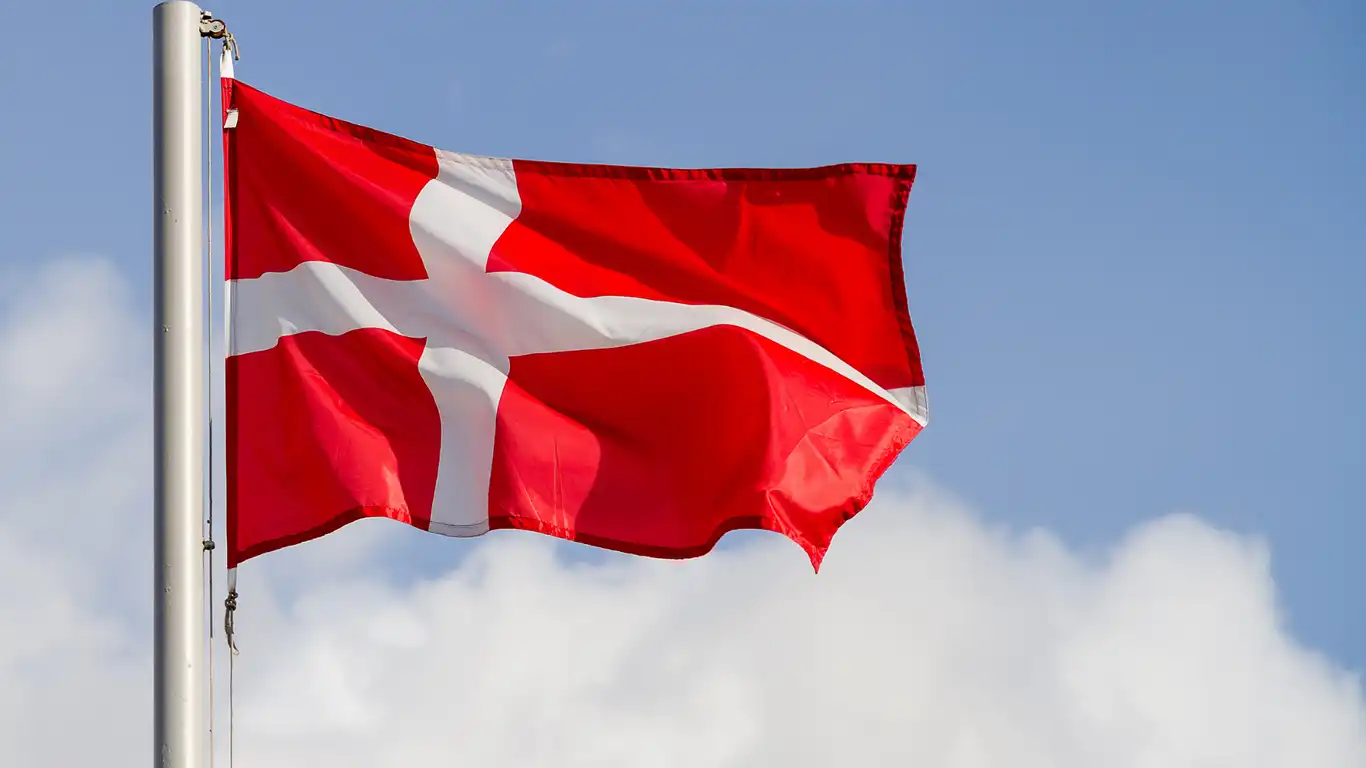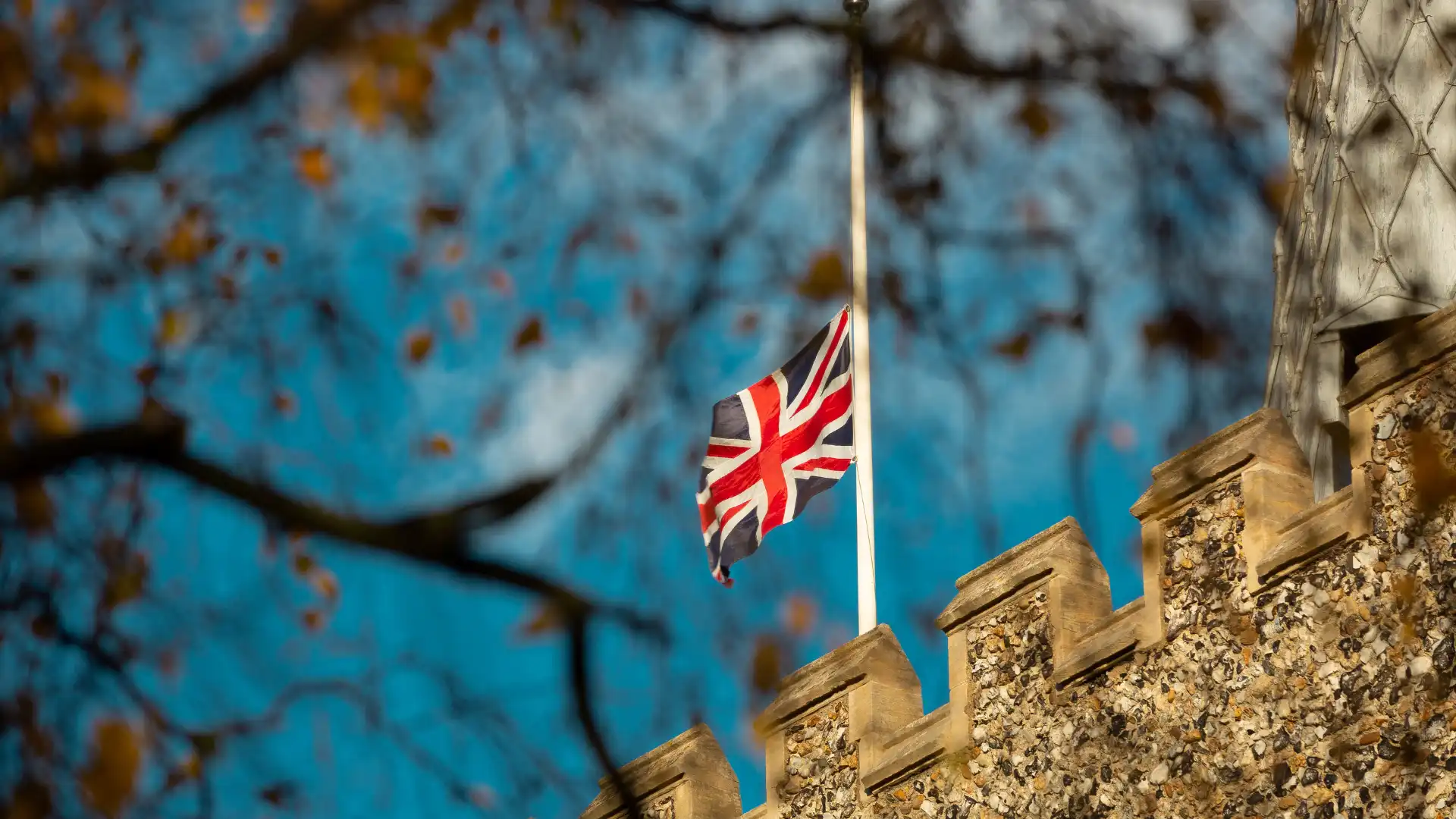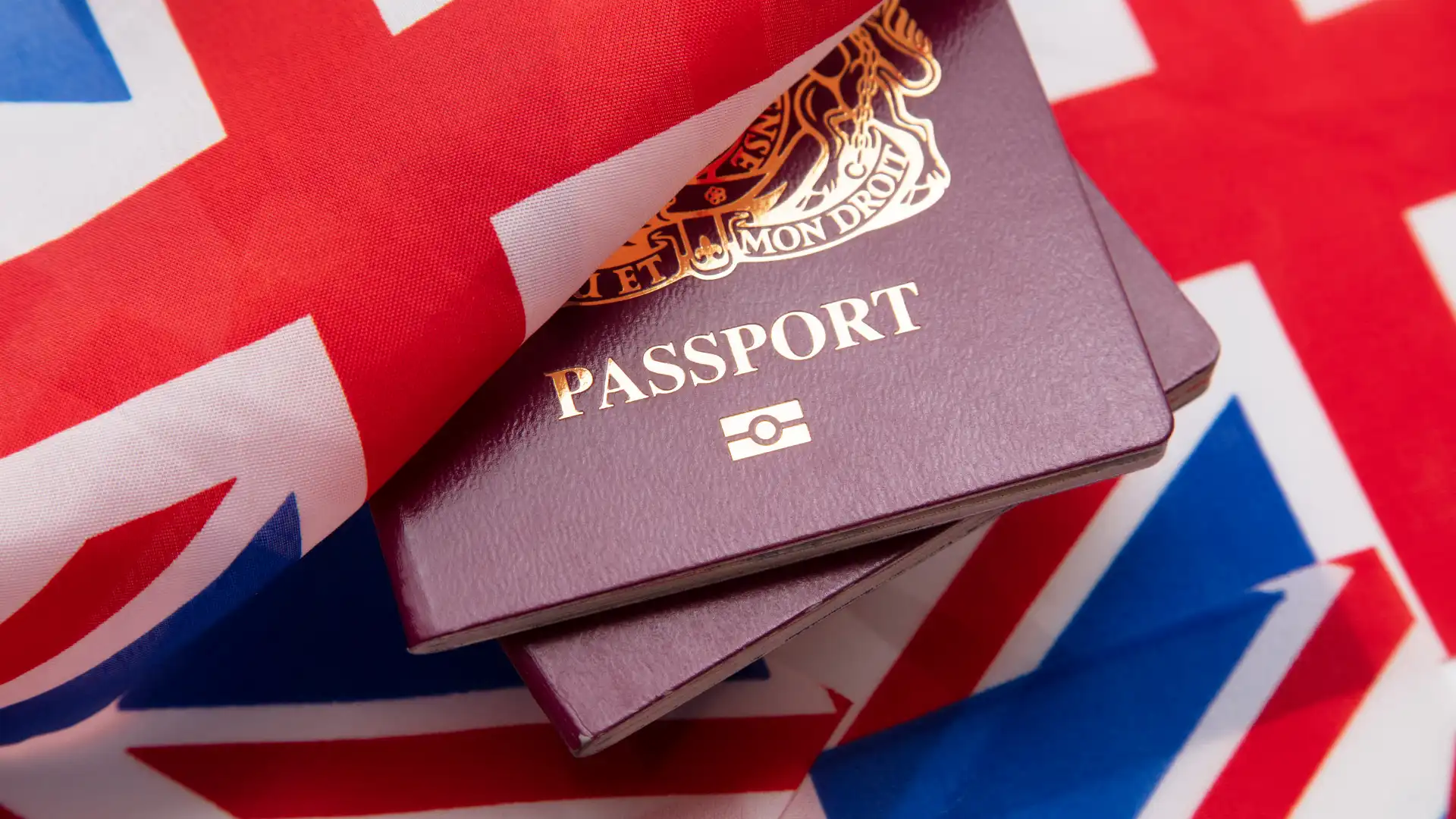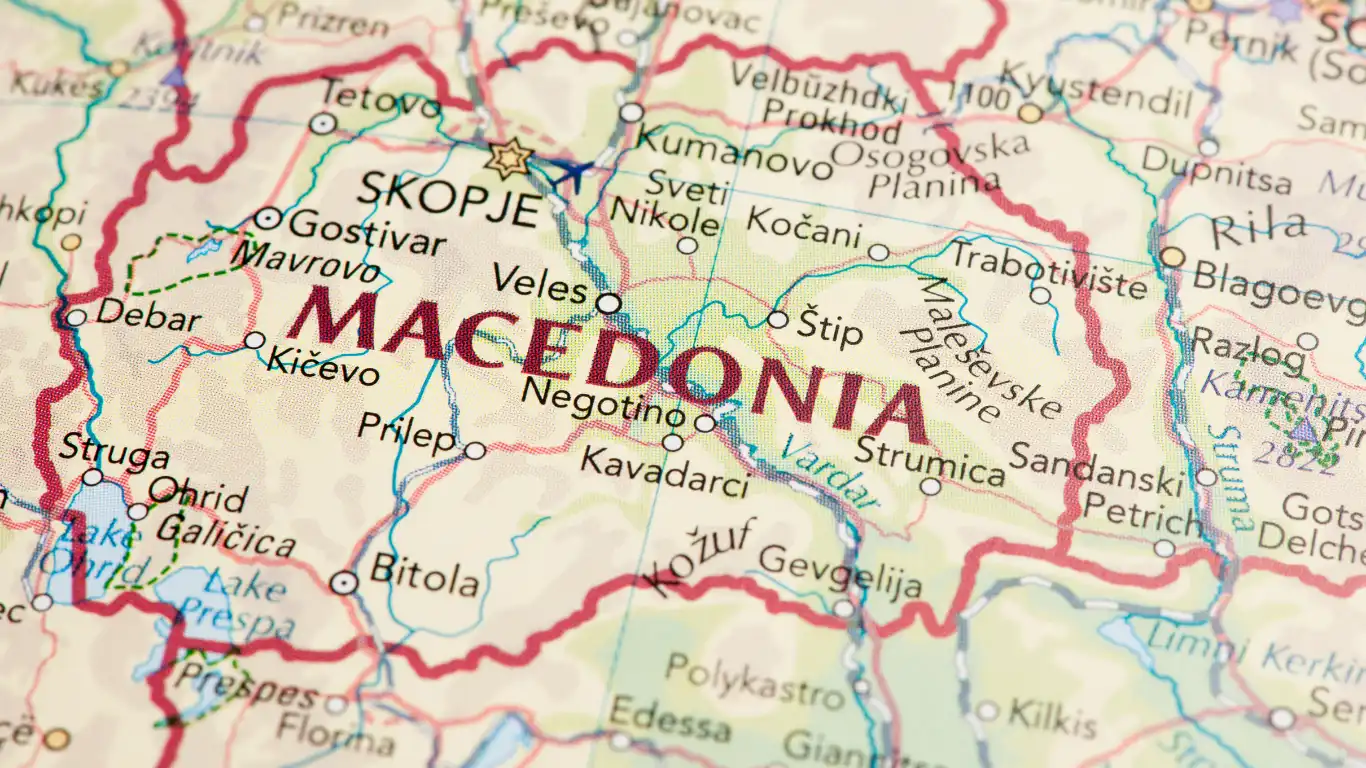After completing their education, a lot of students want to study abroad Europe. Denmark's safe, secure, and joyful environment makes it one of the most favored nations in Europe. Roughly 18,000 international applicants apply to a Danish university each year. Discover the ten unexpected facts about Denmark in this post that will surprise you and will attract many foreign students.
The second-happiest nation in the world is Denmark
Why is Denmark regarded as one of the happiest nations in the world? The high level of life in Denmark is a result of a strong public welfare system, economic and gender equality, and other factors. According to research done by the World Happiness Report, social equality and a sense of community are two factors that contribute to happiness, and Denmark leads the world in both of these categories. Here are a few intriguing characteristics of Denmark:
Has one of the highest GDPs in the world- 58,000 euros per year
- An almost corruption-free country
- Placed second for environmental safety and air quality in Europe
- 37-hour work week with employees permitted to take about 5 weeks of holiday each year.
- Low or free tuition fees in schools and colleges-this applies to Danish and EU students whereas international students have ample opportunities to apply for grants and scholarships.
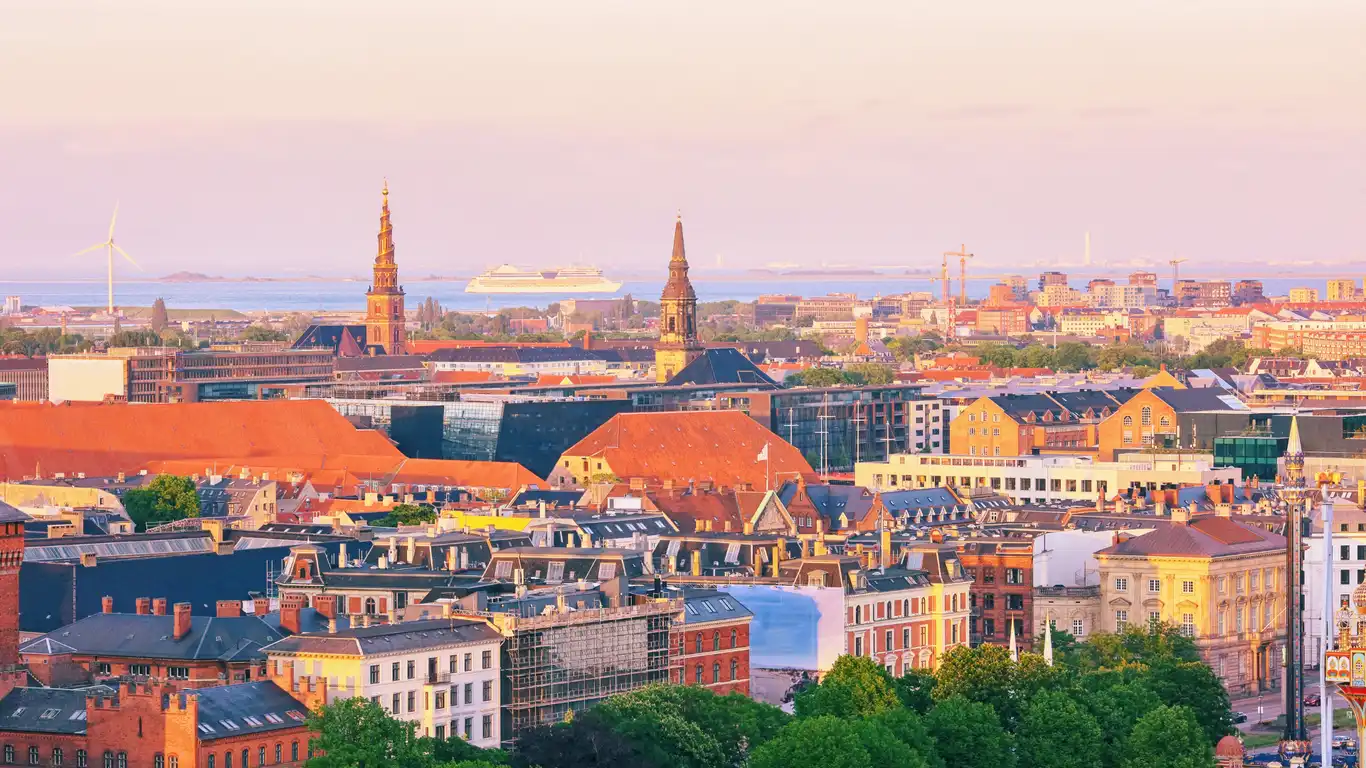
Denmark Nurtures Pupil Potential
Moving abroad, whether for employment or education, is never an easy undertaking. For young individuals who have likely lived relatively sheltered lives with their families for the most of their lives, this is even more challenging. Emotional and mental fortitude are needed to handle both adjusting to a new society and studying. Your attitude toward your education and the professional path you have selected is greatly influenced by the learning environment.
International students' experiences are enhanced by the friendly environment of Denmark's towns, campuses, and social security system as well as by the country's financial resources, social security system, and policy of simple accessibility.
Danes Take Pleasure in Paying Taxes
Residents of Denmark take great pride in paying taxes, which account for over half of their income. Furthermore, Danish citizens pay a value-added tax of 25% on goods and a 150% tax on new automobiles. But because healthcare is free in the nation, Danes don't mind paying taxes. Tuition is free for students, and they frequently get subsidies to help with the expense of attending school in Denmark. Senior residents get pensions, free childcare, and caregivers who visit their homes on a regular basis to assess their needs and health.
The Hygge of Denmark Is a Thing
The Danish idea of hygge, or "hogga," is difficult to describe or translate. In summary, it is just setting aside time to spend with loved ones or alone oneself, away from the bustle of daily life. The idea has roots in the Middle Ages and the 1800s.
Hygge is typically used at home or in a peaceful place, such as a summer picnic area. Shared food, beverages, and hot chocolate are all part of the event. The celebration of life's little joys is encouraged by hygge. It provides an opportunity to relax and go gently. Students can better tend to their physical and emotional health in such a calm setting while focusing on their academic goals.
Believes that access to Higher Education should be equitable
According to Danish officials, human development initiatives are crucial since students represent a vital component of the country's natural resources. And what better way to accomplish this than by making educational investments for a more promising future? International students are likewise eligible for similar opportunities, facilities, and subsidies as part of Denmark's approach to higher education.
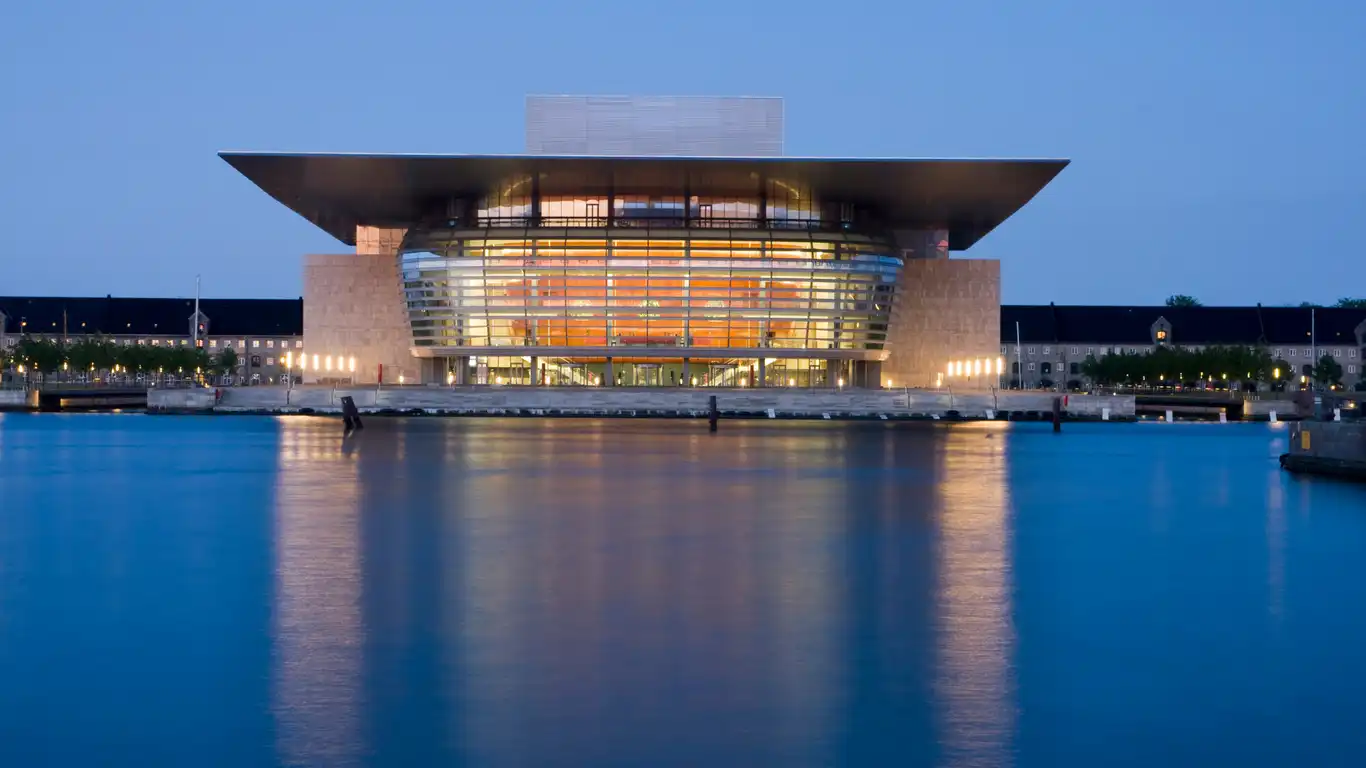
Ambience for Research and Innovation
The Danish academic circle's concentration on the problem-solving learning technique approach is what makes it strong. This creates an environment that is innovative and inspires pupils to think creatively, which aids them in solving urgent challenges.
In a Danish university, lectures are interactive, dynamic exchanges between students and instructors. Pupils are frequently required to turn in project work and are encouraged to challenge all they hear.
The World's Student-Friendliest Cities Are Here
Some of the world's most reasonably priced and student-friendly cities may be found in Denmark. These cities are Odense, Roskilde, Aarhus, Aalborg, and Copenhagen. The capital city is Copenhagen, which has about 500,000 residents. About 950 euros is the minimal cost of living in this area. Students have a wide selection of higher education institutions to select from. The Technical University of Denmark, Copenhagen University, Copenhagen Business School, and Copenhagen University College of Engineering are a few of these.
As the second most popular city among students, Aalborg is the third biggest city in Denmark. Both historical sites and abundant natural beauty may be found in the area. University College of Northern Denmark and University of Aalborg are two of the best universities in Aalborg. One of the most significant locations in Jutland Island is Aarhus, which is renowned for being the center of education. Numerous universities, including Aarhus University School of Engineering, Jutland Art Academy, Aarhus Technical College, and Danish School of Media and Journalism, are located in the city.
Beautiful Odense is well-known for being the birthplace of author Hans Christian Anderson. Because of its central location, cities like Aarhus and Copenhagen are easily accessible. There are several of cafés in Odense where students can hang out, socialize, and get their schoolwork done. The University of Southern Denmark (SDU) and UCL University College are two significant educational institutions in Odense. There are many of areas for students to enjoy bicycling, sailing, horseback riding, and running in the lovely city of Roskilde. Among the top educational institutions in the city is Roskilde University.
Confidence and Security
An essential component of Danish culture is trust. People may do their duties in regards to government, business, and personal relationships without undue stress because corruption is among the lowest in the world. Even younger youngsters as little as eight or nine years old are frequently seen traveling alone on public transportation. Because of this, students can be certain that their stay in Denmark will be an unforgettable one.
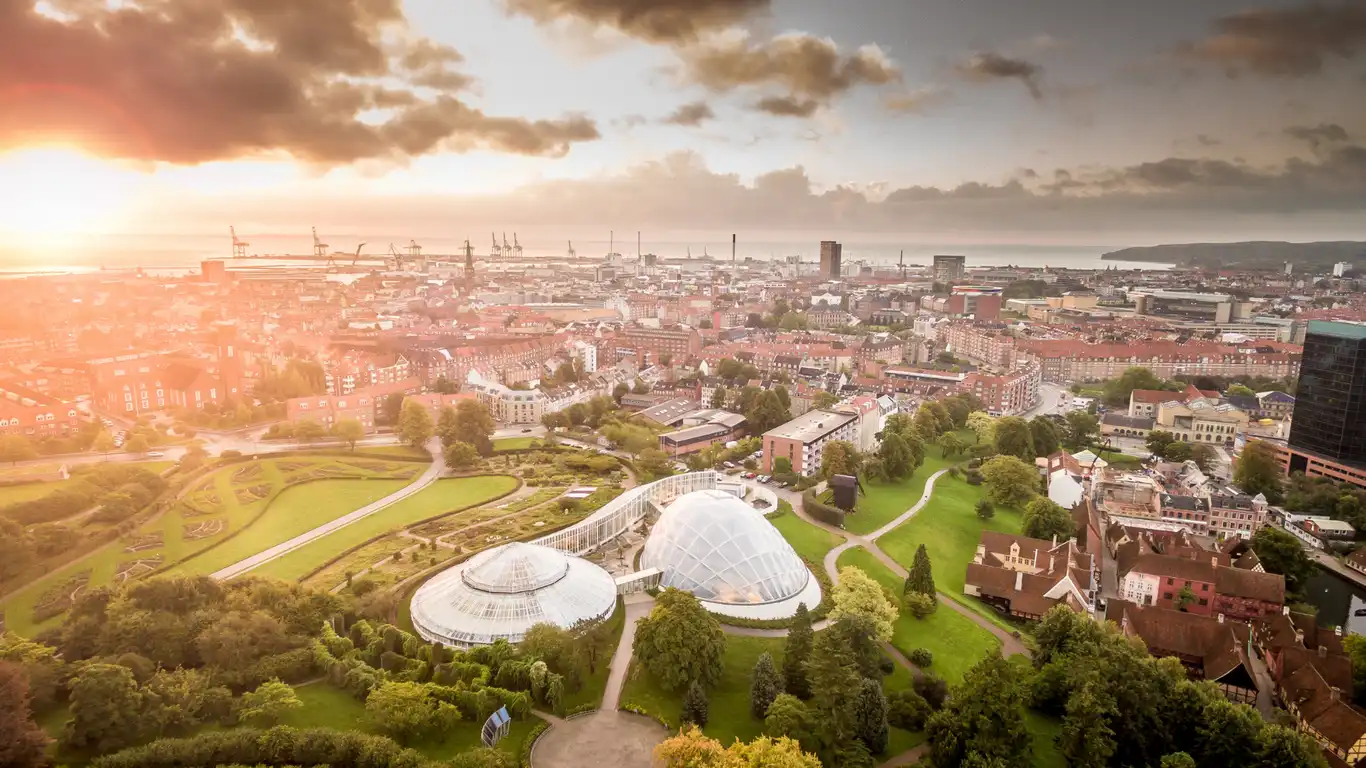
Self-determination and Joy
Danish people do not think that one should become ensnared in the never-ending rat race, which explains why they are so content and at ease with their lives. Danes value doing things on their own terms and at their own speed. They are therefore less likely to experience irritation, worry, or melancholy. They are content with the way they are living their life on own terms and see disappointments and setbacks favorably.
Having a Good Time While Studying in Denmark
There are many of things to do in Denmark to pass the time while one isn't studying or looking for work. There are many of eateries and cafés that provide mouthwatering regional cuisine. You may discover more about this nation's history and culture by visiting museums, art galleries, and castles. Road trips between cities can be used to visit the surrounding natural areas. Denmark is an extremely friendly country, so you should have no trouble establishing friends.
End Note
We hope we have provided sufficient information about studying abroad. If you are unsure or want more profound insight, we encourage you to speak with our team of expert counsellors at Career Guide International | CGI. We offer Free counselling services from our office. Our dedicated counsellors will provide the best guidance regarding your application to study abroad. Don't hesitate to contact us at hello@cgi.com.bd or call us at 01718229344.
